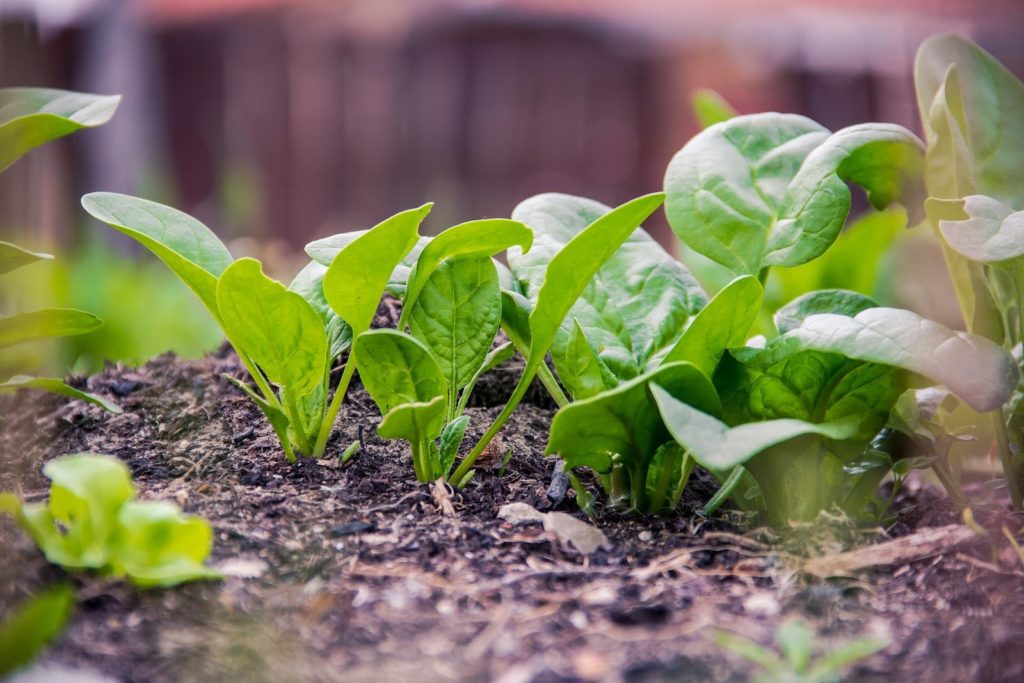Pesticides applied to vegetables are extremely helpful in producing high quality crop yields. With the onset of their use in farming, they have helped bring global food security and stability. Without them, pests would eat and destroy a lot of the vegetables before they are even brought to the market. However, some take a long time to break down in the soil after they are applied to crops. In humans, some pesticides can build up in the body over time. This can lead to serious health hazards such as neurological issues, skin irritations, and reproductive problems.
Buying organic produce can reduce the amount and certain types of pesticides on vegetables. But organic veggies are expensive and sometimes impractical for a weekly budget. Washing vegetables in cold water is a good start for removing some pesticides. Does it remove enough
Researchers in Pakistan studied how effective some household products were in removing pesticides from spinach. They grew spinach leaves in a field, then exposed them to a set of pesticides (deltamethrin, cypermethrin, chlorpyrifos, and endosulfan). At peak growth, they harvested 1 kilogram of leaves for each household product tested. In the lab, they soaked the spinach in different concentrations (2, 4, 6, 8, and 10%) of acidic, alkaline, and biological solutions that could be made at home. Acidic solutions included acetic acid (the concentrated form of vinegar) or citric acid, which gives citrus fruits its distinct sourness. Alkaline solutions included salt water or sodium carbonate (similar to baking soda). Radish, ginger, garlic, or lemon extracts added to water were designated “biological solutions”.
After soaking for 10 minutes, they blended each set of washed leaves in a blender. They then extracted pesticides from each spinach blend and quantified them using a technique called Gas Chromatography. This process turns the solution of spinach pesticides into a gas, and forces it to travel through narrow tubing. As the gas mixture travels through, each of the compounds separates from the mixture into its own distinct unit, allowing it to be identified.
The verdict? Washing reduced the amount of all pesticides. Adding household product removed more pesticide residue than tap water alone. Ten percent solutions of household product removed more pesticides than two to eight percent solutions. The acetic acid was more effective than citric acid or salt water, and ginger extract was helpful for removing poisonous residues. Acetic acid is considered a strong chelating agent, which means it can attach well or “chelate” to metals in the pesticides. Ginger extract was also effective because it contains the active ingredient “gingerol” which binds to many of the peticiside molecules.
Overall, the acidic solutions were by far the best and removed almost all pesticides applied. A 10% acetic acid solution removed 79% of deltamethrin, 89% of cypermethrin, 94% chlorpyrifos, and 70% of endosulfan.
In the future, perhaps researchers will discover a way to avoid adding pesticides to vegetables. Until then, taking extra time in the kitchen to wash your vegetables in both tap water and an acidic solution will be worthwhile for removing the most toxic chemicals from your food.


